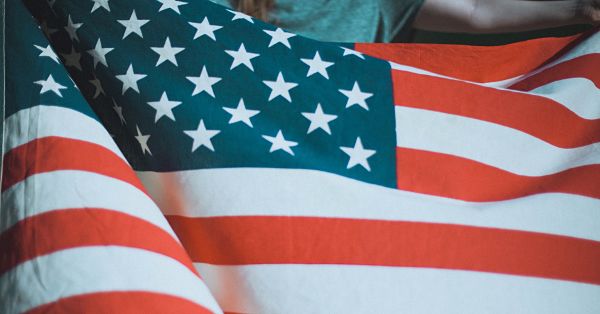 August 15, 1787 (Click to read Madison’s notes on the day)
August 15, 1787 (Click to read Madison’s notes on the day)
Summary
The delegates debated the way bills would be introduced in the legislature and then moved to affirm the power of the president to veto legislation. Madison struck out after four tries to get a committee of revision for legislation. Instead the veto was established as a way for the executive branch to negative bills.
Influences on the Delegates
Mr. Mercer appealed positively to the example of Great Britain:
Mr. MERCER should hereafter be against returning to a reconsideration of this section. He contended (alluding to Mr. MASON’S observations) that the Senate ought not to have the power of treaties. This power belonged to the Executive department; adding, that treaties would not be final, so as to alter the laws of the land, till ratified by legislative authority. This was the case of treaties in Great Britain; particularly the late treaty of commerce with France.
Dickinson appealed to the example of the “Justiciary of Arragon.” This Spanish reference is explained here, but he was signaling his fear that judges would become makers of law.
Mr. DICKINSON was strongly impressed with the remark of Mr. MERCER, as to the power of the Judges to set aside the law. He thought no such power ought to exist. He was, at the same time, at a loss what expedient to substitute. The Justiciary of Arragon, he observed, became by degrees the law-giver.
Morris got in references to Sparta, Rome, England and Pennsylvania:
The most virtuous citizens will often, as members of a Legislative body, concur in measures which afterwards, in their private capacity, they will be ashamed of. Encroachments of the popular branch of the Government ought to be guarded against. The Ephori at Sparta became in the end absolute. The Report of the Council of Censors in Pennsylvania points out the many invasions of the Legislative department on the Executive, numerous as the latter1 is, within the short term of seven years; and in a State where a strong party is opposed to the Constitution, and watching every occasion of turning the public resentments against it. If the Executive be overturned by the popular branch, as happened in England, the tyranny of one man will ensue. In Rome, where the aristocracy overturned the throne, the consequence was different. He enlarged on the tendency of the Legislative authority to usurp on the Executive, and wished the section to be postponed, in order to consider of some more effectual check than requiring two thirds only to overrule the negative of the Executive.
Wilson did not want to become like England.
Mr. WILSON, after viewing the subject with all the coolness and attention possible, was most apprehensive of a dissolution of the Government from the Legislature swallowing up all the other powers. He remarked, that the prejudices against the Executive resulted from a misapplication of the adage, that the Parliament was the palladium of liberty. Where the Executive was really formidable, king and tyrant were naturally associated in the minds of people; not legislature and tyranny. But where the Executive was not formidable, the two last were most properly associated. After the destruction of the King in Great Britain, a more pure and unmixed tyranny sprang up in the Parliament, than had been exercised by the monarch. He insisted that we had not guarded against the danger on this side, by a sufficient self-defensive power, either to the Executive or Judiciary Department.
1787 Constitutional Convention Series
To read my series examining the proceedings of the Constitution Convention, click here. In this series, I am writing about any obvious influences on the development of the Constitution which were mentioned by the delegates to the Convention. Specifically, I am testing David Barton’s claim that “every clause” of the Constitution is based on biblical principles. Thus far, I have found nothing supporting the claim. However, stay tuned, the series will run until mid-September.
Constitutional Convention Series (click the link)
To follow on social media, click the following links:
Facebook (blog posts and news)
Facebook (Getting Jefferson Right – history news)
Twitter